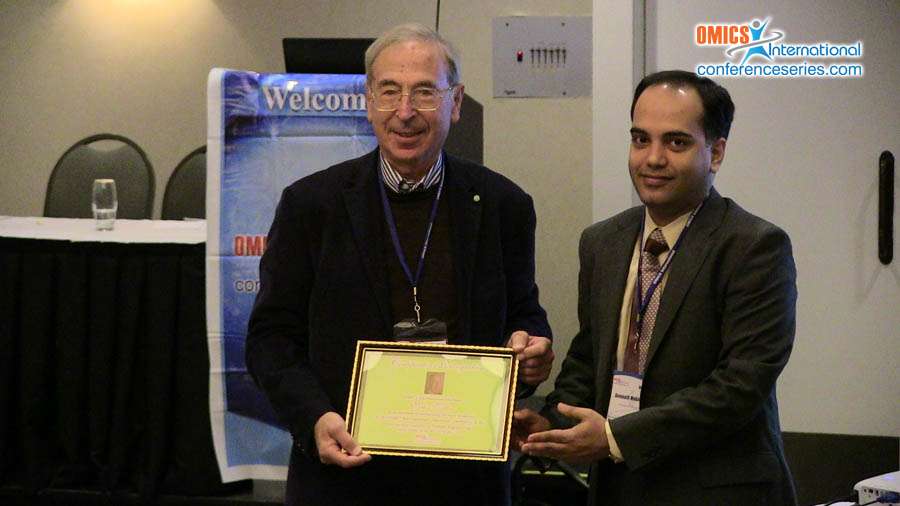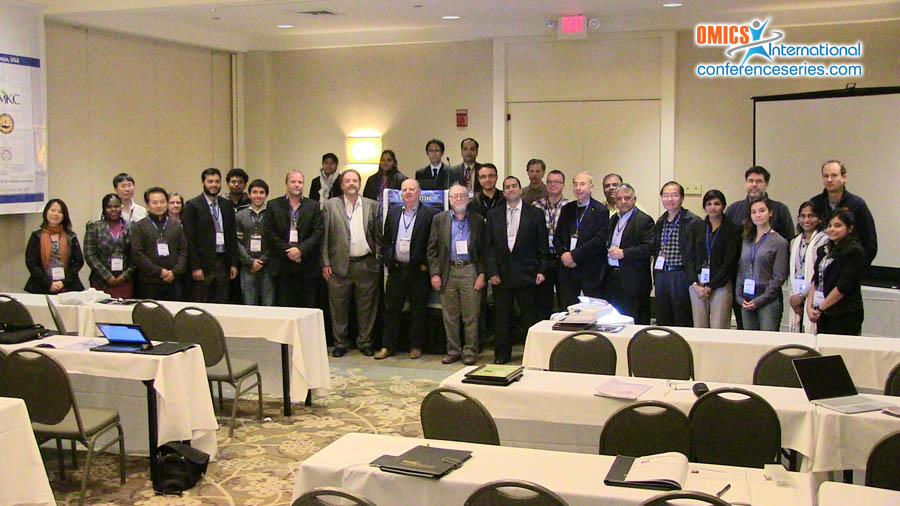
Victor Tsetlin
Russian Academy of Sciences, Russia
Title: From peptide and protein neurotoxins to receptor structure-function and new drugs
Biography
Biography: Victor Tsetlin
Abstract
Alpha-Neurotoxins, snake venoms proteins, earlier helped to isolate nicotinic acetylcholine receptors (nAChRs) and are still precious tools in their research. The nAChRs are involved in muscle contraction, cognition, immune system activity. nAChR malfunctioning is associated with muscle dystrophies, psychiatric and neurodegenerative diseases, cancer. Another tool in nAChR research is α-conotoxins, neurotoxic peptides from Conus snails. Analysis of nAChR interactions with α-neurotoxins and α-conotoxins provided information about binding surfaces required for drug design. The lecture will cover research at our department in collaboration with European laboratories. First X-ray structure for α-conotoxin complexes with their biological targets was for α-conotoxin PnIA [A10, K14] bound to acetylcholine-binding protein (AChBP); recently from this α-conotoxin several more potent and selective analogs were prepared. Dimeric α-cobratoxin was discovered wherein two α-cobratoxins are joined by 2 intermolecular S-S-bonds; this post-translational modification retained blocking of α7 and muscle-type nAChRs, but added inhibition of α3β2 nAChRs; X-ray analysis revealed unusual packing. α-Bungarotoxin and α-cobratoxin, two closely related α-neurotoxins, block α7 and muscle-type nAChRs with similar affinity; recently we demonstrated that they also block GABA-A receptors, some receptor subtypes being more sensitive to α-cobratoxin. Structurally, α-neurotoxins resemble some mammalian proteins of Ly6 family which modulate the nAChR activity; water-soluble analog of Lynx1 bound competitively to AChBP and muscle-type nAChRs, but non-competitively to neuronal ones.
Speaker Presentations
Speaker PDFs
Speaker PPTs Click Here



